Disability Demands Justice

Our identities shape the way we see the world around us and how we are viewed by the world.
15% of the global population lives with a disability or disabilities, and people living with disabilities experience inequality in all its forms. To build a world where everyone is equal, we need to recognize how disability interconnects with the issues of social justice and follow the lead of the individuals at the center of the fight.
True social change cannot take place without addressing the needs of the most marginalized in society. And social justice cannot exist without disability inclusion — essentially, disability demands justice. There are a number of ways we can create a world that is inclusive for all, and free from disability discrimination. This starts with inclusive leadership, which can only happen when the disability community is invited into discussions and encouraged to lead the way in our advocacy towards disability rights.
In this series, learn how breaking down discriminatory narratives and systems can unlock potential and value for everyone, and why without disability justice, racial, economic, and gender justice cannot be realized.
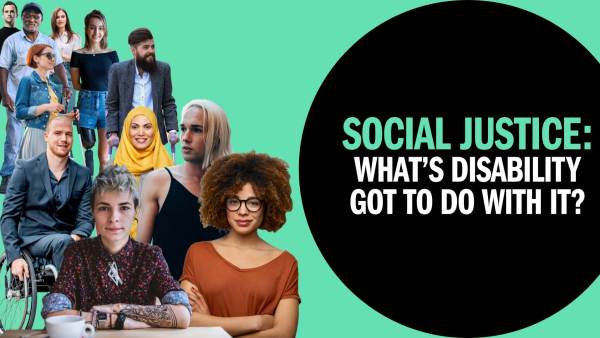
Social Justice: What’s disability got to do with it?
A society cannot be truly just without including people with disabilities and taking an intersectional approach towards tackling discrimination. This starts with inclusive leadership, where people with disabilities are invited into discussions and lead the way in advocating for inclusive, equitable spaces.
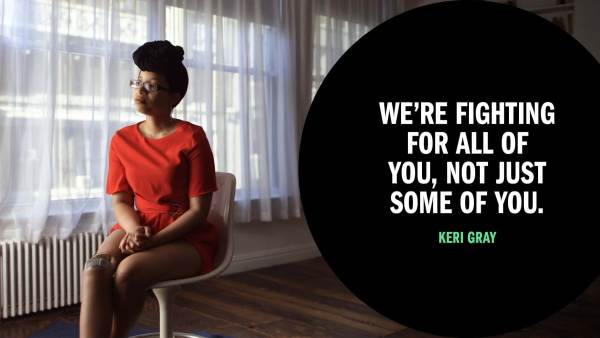
Intersectionality & Disability, featuring Keri Gray, the Keri Gray Group
Around the globe, people living with disabilities experience inequality in all its forms. Understanding intersectionality is essential to true inclusion. By centering those most marginalized and taking an intersectional approach in designing solutions, we can advance justice for all.
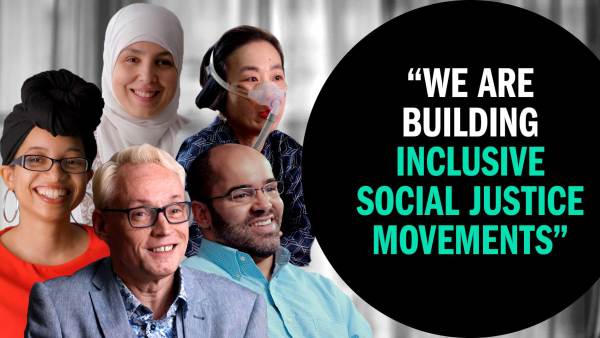
There is no justice without disability
Over one billion people in the world are living with a disability. We need to expand our definition of justice. To create a truly inclusive world, we need to recognize how disability intersects with issues of social justice. Racial justice, economic justice, and gender justice cannot exist without disability justice.
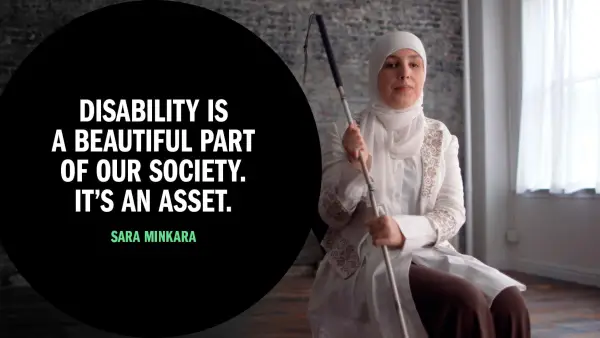
Disability Is an Asset, featuring Sara Minkara, Empowerment Through Integration
People with disabilities are the world’s largest marginalized population. Challenging discriminatory narratives and systems can help the disability community build power and create a more inclusive world, by contributing value across all sectors. Building a more inclusive world benefits everyone.
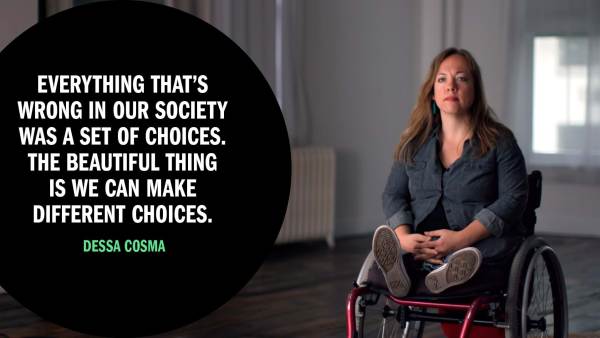
Economic Justice & Disability, featuring Dessa Cosma, Detroit Disability Power
Disability inclusion needs to be included in the fight for economic justice. Barriers to education and employment keep people with disabilities living in poverty. Ending poverty means addressing the drivers of economic inequality and reimagining the future of work.
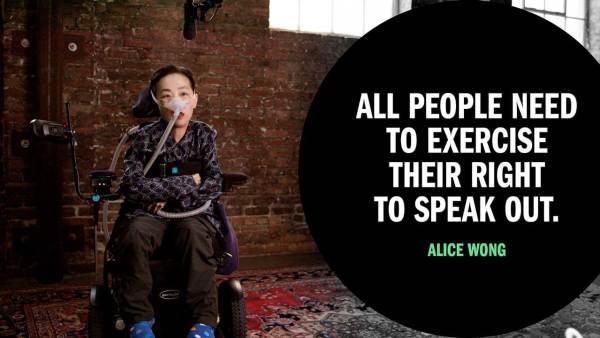
Political Participation & Disability, featuring Alice Wong
The right to vote is a fundamental part of building a thriving democracy in which all citizens can become active, engaged participants. People with disabilities face obstacles to political participation that need to be addressed in the journey to inclusion.
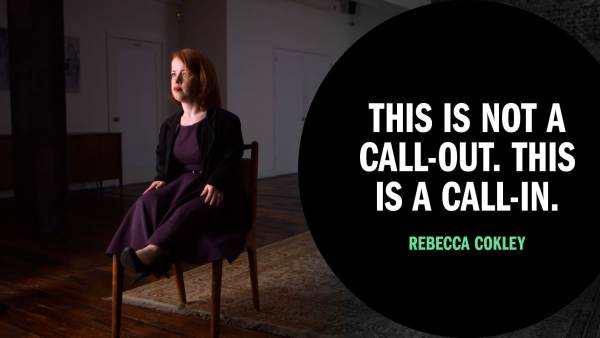
Your Values & Disability, featuring Rebecca Cokley, Center for American Progress
Disability needs to be included in the work of social justice. Through a commitment to diversity, equity and inclusion, and establishing organizational policies and practices, we can address challenges to accessibility and create an inclusive future.